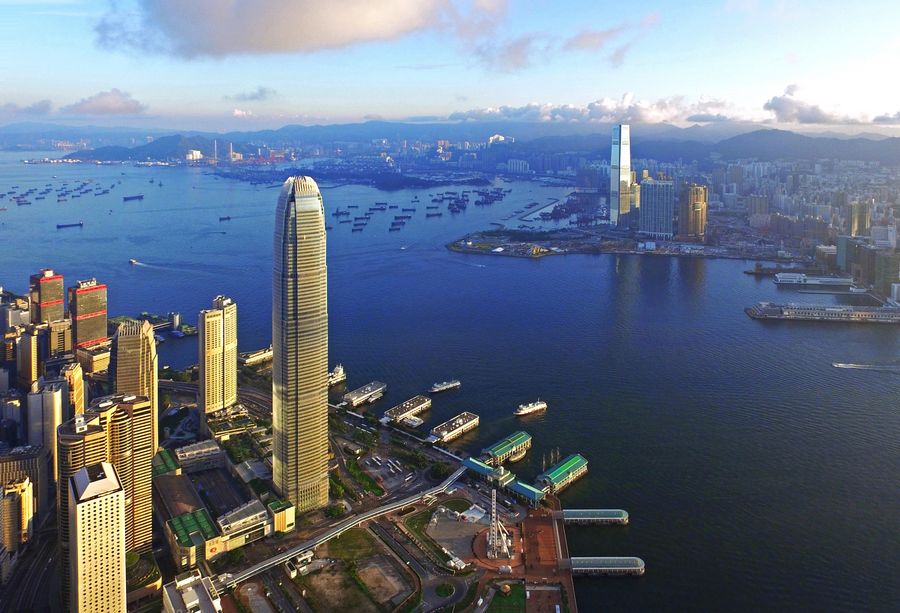Hong Kong Youth Need to Enhance National Identity

On May 22, 2020, Wang Chen, vice chairman of the Standing Committee of the National People’s Congress (NPC), explained a draft decision on establishing and improving the legal system and enforcement mechanisms for the Hong Kong Special Administrative Region (HKSAR) to safeguard national security to the third session of the 13th NPC in Beijing. Introduction of the decision is timely and imperative. It has hit the weaknesses of a handful of anti-China disruptors in Hong Kong, taking a drastic measure to deal with the terrorist activities and separatism seeking to transform Hong Kong from a special administrative region of China into an independent political entity.
The overwhelming majority of Hong Kong people agree that so-called “Hong Kong independence” has no future. However, during months of violent protests and riots since June 2019, separatist thoughts in various forms were rampant, and deluded a small number of unsophisticated local young people with extremism. Some even went so far as to violate laws and participate into activities with the aim to paralyze the HKSAR’s legislature, disrupt the social order and endanger public safety.
The reason why the “Hong Kong independence” thought can take up the minds of a small number of Hong Kong youngsters lies in the long-term indoctrination of the extreme and narrow-minded ideas of the opposition camp, radical media outlets and educators in Hong Kong. They imposed various wrong views of history on local young people, which have prevented the youngsters from establishing a correct conception of the state, a sense of national identity, and a sense of national pride. They spared no effort to attack the Chinese mainland, sow discord between Hong Kong residents and their mainland compatriots, and make the long-existing structural imbalance in Hong Kong the root for “Hong Kong independence” through maneuvers and manipulations.
The separatists seeking to turn the HKSAR into an independent entity have a clear purpose: to make Hong Kong youngsters blame the Chinese mainland and the country for all their current problems, and fill the minds of local young people with resentment and hatred, thereby squeezing massive energy for violent protests and receiving abundant interests from votes. They took advantage of the younger generation’s aspirations to control their own destiny and participate in the decision-making process of Hong Kong, and told local youngsters that their goals could only be achieved through “Hong Kong independence.” They defamed and discredited the lawful acts of the HKSAR government and the central government in accordance with the Constitution and the Basic Law of the HKSAR to govern Hong Kong.
Unfortunately, a number of Hong Kong youngsters still fail to see through their tricks. Hong Kong’s separatists are merely puppets in the hands of Western anti-China forces. What the “big boss” behind them really wants to see is the HKSAR plunging into chaos and turbulence, and the development of China being deterred, and even the introduction of the so-called “color revolution” into China’s mainland. Violent activities of Hong Kong’s separatists violate the Constitution of China, the Basic Law of the HKSAR and the relevant laws in Hong Kong, undermine the city’s long-term prosperity and stability and harm the fundamental interests of local residents from all walks of life, becoming the biggest threat facing Hong Kong today.
A nation will prosper only when its young people thrive. Young people in Hong Kong are not only the hope and future of the city, but also the new blood for promoting the development of the country. In the historic process of the great rejuvenation of the Chinese nation, Hong Kong’s role is irreplaceable. Some Hong Kong youngsters should put down their prejudices, open their minds, visit the Chinese mainland to get a deeper understanding of their own country, and find their roles and opportunities in the development of the Guangdong-Hong Kong-Macao Greater Bay Area and in the progress of the country.
